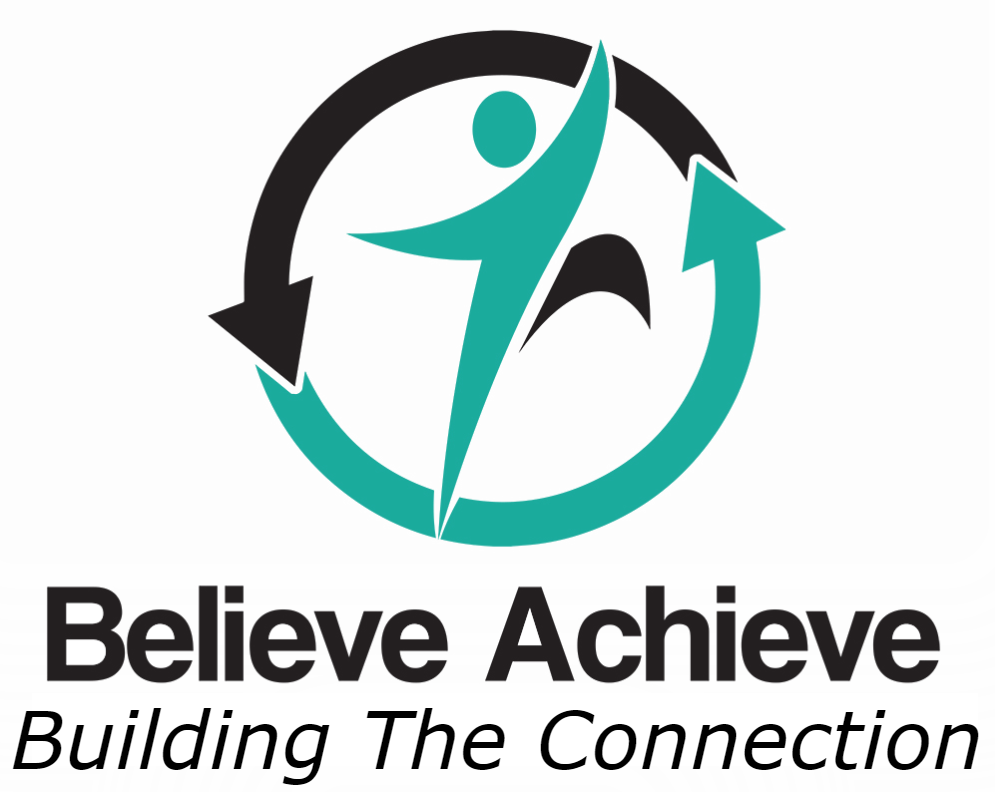
Surrender to trust
I was at my yoga class last week and we are asked to surrender to trust.
This caused me to think because surrender usually means weakness and raising the white flag. However surrendering to trust isn’t a weakness at all.
To surrender to trust is to pull down the barriers that prevent you connecting with others and building relationships.
How open are you to trust? When I have asked this question I usually get a look that says “you’re kidding aren’t you?”
We live in a world that seems to promote distrust rather than trust, just peruse a newspaper to see what I mean. And yet our brain is hardwired to trust and to be trusting. We have a whole frontal cortex that activates when we feel trust in the room. The capacity of this part of the brain is what sets humans so far apart from our animal neighbours.
We are slowly understanding what humans are truly capable of. Look around and you will see the results of humans using the best parts of their brains. Medical treatments and technology, engineering feats and a lot of things that weren’t even thought of a few decades ago.
To be human is to be curious and to innovate.
Throughout history humans have always explored, asked “what if?”, and searched for answers. Many continue to do this today.
When we trust we open our brain to discovery and are thus able to perform great things. We are connect and share which allows the flow of ideas and deeper conversations. We can plan, imagine, and gain insight. The networks created in our brains are hugely complex and ever growing.
We all have this ability to utilise our brain’s capabilities. However, we limit it when we choose to live in a safe environment preferring our lives to remain unchanged, predictable, and known. We shut down our ability to realise and unlock our potential.
A life of safety and certainty are the outcomes of our primitive brain’s power over us. This brain’s function is to keep us from harm and is constantly alerting us to possible threats in our environment. The more we live like this, the more these networks in our brain are activated and grow very strong.
We can see this in our workplaces when there is resistance to change, when people judge others because of a perceived difference, being in meetings with people addicted to being right, and when people become overwhelmed and anxious.
It is not easy for someone to move out of their comfort zone and start living a life of experimentation, opportunities and possibilities. Our primitive brain will fight the uncertainty as it can’t make sense of things it doesn’t yet know. The brain will question our motives, drag out old memories, past experiences, and emotions trying to convince us not to take on the risk.
Our self talk is what stops us trusting people and opportunity.
What level of trust do you have?
A simple tool of observation
When you next find yourself in conversation with a work colleague, peer, boss, allow yourself to observe the interaction dynamics taking place.
- What is your level of trust for the people &/or the proposal?
- How open are you to sharing and listening to connect not to reject?
- Are you feeling resistant, skeptical, or somewhat fence sitting? Or are you feeling open and engaged with the conversation?
- How vulnerable are you prepared to be in this audience?
Applying awarness turns the tide
When we become conscious and aware of our behavior and the dynamics of the relationship, we can improve the environment by changing our conversation.
- Give yourself permission to be open to other’s ideas
- Take a step into the unknown by asking a question that you don’t have the answer to
- Be curious in what others are saying
When we allow ourselves to trust more in people and in conversations we get far more out of the discussion. In a work sense this results in better decisions, more considered solutions, and you may find siloes and barriers start falling away.
Better still our mindset is contagious, you will see others move their thinking more towards possibility.
The changes may not happen in the first conversation however, everything starts with a conversation.
Can you surrender to trust?


